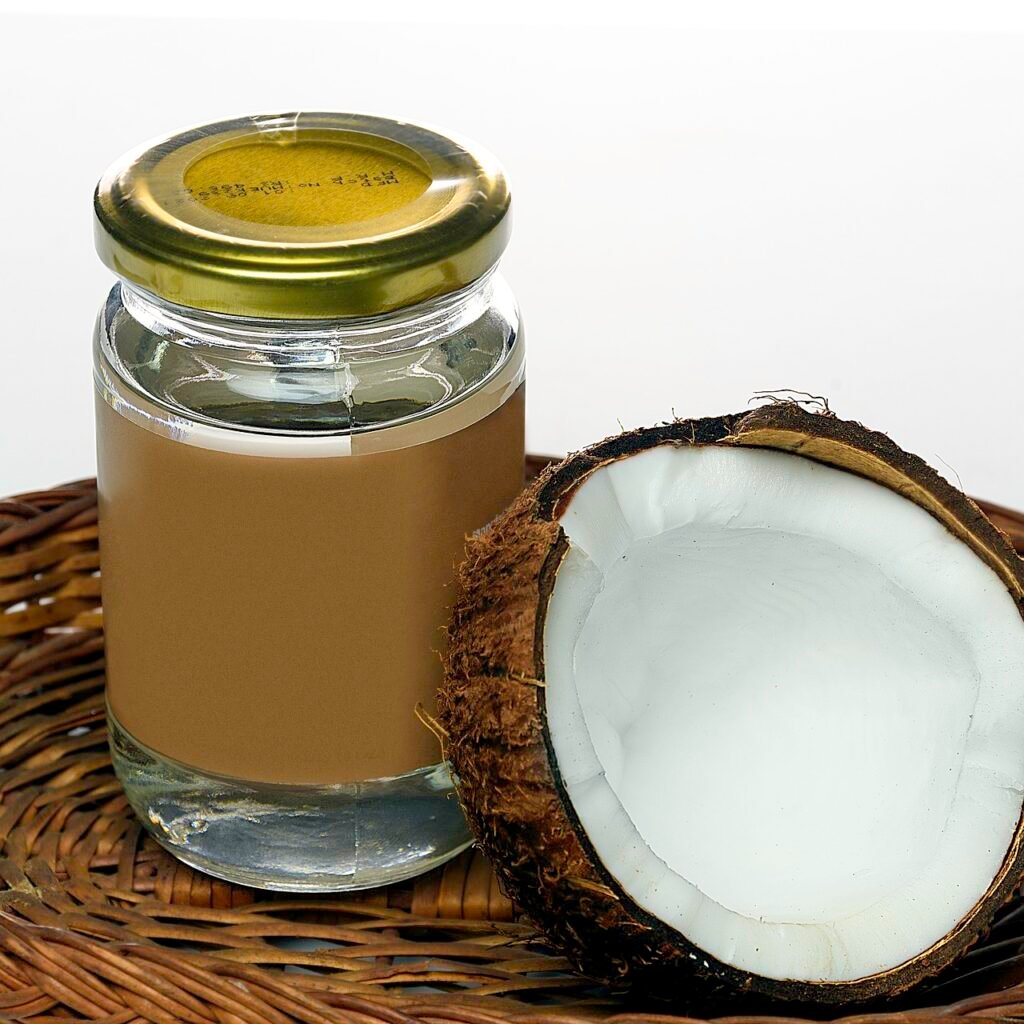Testosterone is a key hormone that plays a vital role in many aspects of health, particularly for men. From muscle mass to mood, energy levels, and even libido, maintaining optimal testosterone levels is crucial. If you’re wondering how to naturally increase testosterone, you’ve come to the right place. In this guide, we’ll explore effective and sustainable methods to boost your testosterone levels, without relying on synthetic supplements or medications.
1. Optimize Your Diet
Your diet plays a crucial role in hormone production. To naturally increase testosterone, focus on consuming:
- Healthy Fats: Incorporate sources of healthy fats like avocados, olive oil, nuts, and seeds. These fats are essential for hormone production, including testosterone.
- Protein-Rich Foods: Lean meats, fish, eggs, and plant-based proteins like legumes and beans help maintain muscle mass, which supports higher testosterone levels.
- Zinc and Vitamin D: These nutrients are directly linked to testosterone production. Foods rich in zinc include shellfish, red meat, and beans. For Vitamin D, include fatty fish, egg yolks, and consider a daily supplement if necessary.
2. Engage in Strength Training and High-Intensity Interval Training (HIIT)
Exercise, particularly strength training and HIIT, is one of the most effective ways to increase testosterone naturally. Resistance training, like lifting weights, stimulates muscle growth, which in turn boosts testosterone levels. Incorporating compound movements like squats, deadlifts, and bench presses can maximize your hormone production. HIIT exercises, which alternate between intense bursts of activity and short recovery periods, are also effective at raising testosterone levels.
3. Manage Stress and Get Enough Sleep
Chronic stress is a testosterone killer. Elevated levels of the stress hormone cortisol can suppress testosterone production. Practice stress management techniques such as meditation, deep breathing exercises, and yoga. Additionally, getting 7-8 hours of quality sleep each night is essential for hormone balance. Sleep directly affects your body’s ability to produce testosterone, so prioritizing rest is a must.
4. Maintain a Healthy Weight
Being overweight or obese can lower testosterone levels. Excess body fat increases the conversion of testosterone into estrogen, which diminishes your overall testosterone count. A balanced diet combined with regular exercise will help you maintain a healthy weight, supporting optimal testosterone levels.
5. Limit Alcohol and Avoid Drug Use
Excessive alcohol consumption and drug use can severely impact your testosterone levels. Alcohol, especially in large amounts, can interfere with hormone production and lead to lower testosterone. Moderation is key, so limit alcohol intake and avoid recreational drug use to keep your testosterone levels in check.
6. Consider Natural Supplements
While lifestyle changes are the foundation for boosting testosterone, some natural supplements can provide additional support:
- Ashwagandha: An adaptogenic herb known to reduce stress and potentially increase testosterone levels.
- Fenugreek: A plant extract that has been shown to enhance libido and testosterone.
- D-Aspartic Acid: An amino acid that plays a role in hormone regulation and may support testosterone production.
- Tongkat Ali: Also known as Longjack, this herb has been used traditionally to enhance male vitality and testosterone levels. Studies suggest it may improve libido, reduce stress, and boost testosterone.
- Boron: A trace mineral that can help increase free testosterone by reducing sex hormone-binding globulin (SHBG) and decreasing estrogen levels.
Conclusion
Learning how to naturally increase testosterone is all about making smart, sustainable changes to your diet, exercise routine, and overall lifestyle. By prioritizing your health through these proven strategies, you can optimize your testosterone levels, boost your vitality, and enjoy a higher quality of life. Remember, it’s always best to consult with a healthcare provider before starting any new supplements or major lifestyle changes.
Disclaimer: The information provided on this blog is for general informational purposes only and is not intended as medical advice. Always consult with a qualified healthcare professional before making any decisions regarding your health or starting any new treatments. The content here should not be used to diagnose, treat, or prevent any medical condition. Additionally, please note that this blog is reader-supported. If you click on an affiliate link or advertisement and make a purchase, we may receive a commission at no extra cost to you. This helps us maintain the site and continue providing valuable content.




